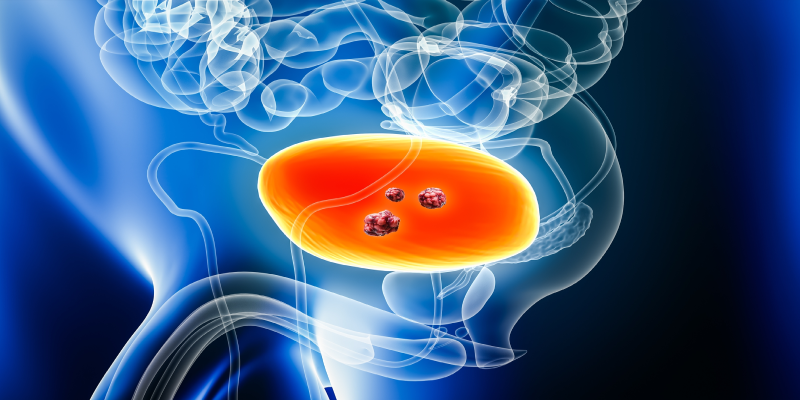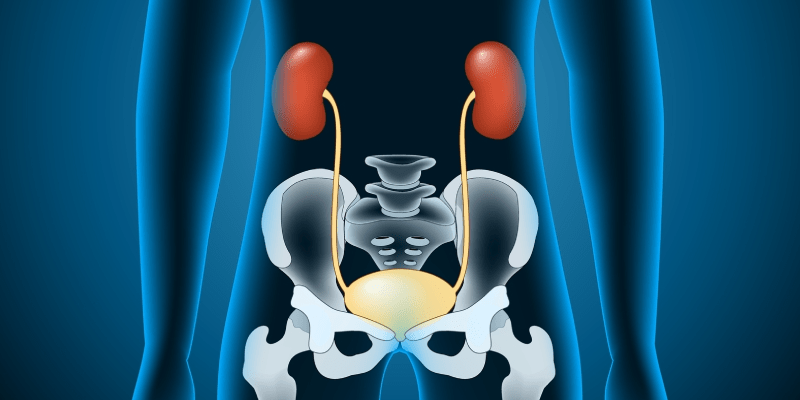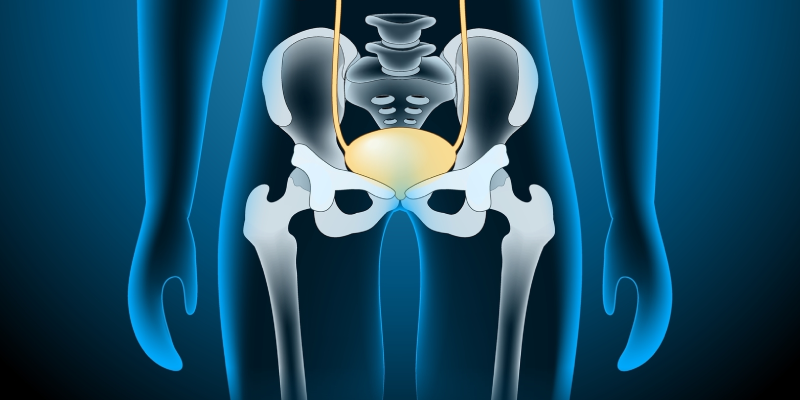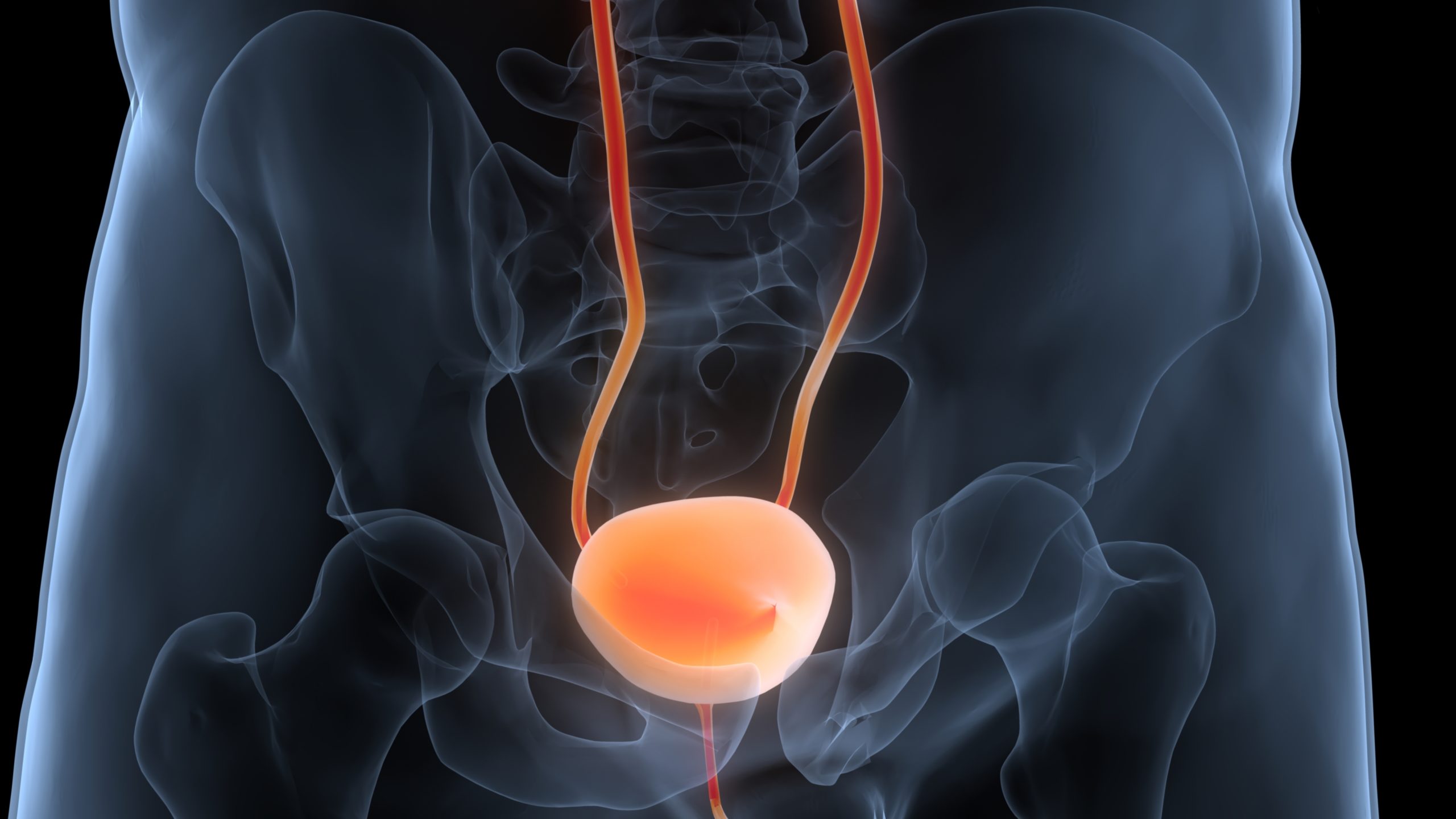Stay up-to-date with the latest research and clinical updates on bladder cancer from the 2024 ASCO GU Symposium.
Drs. Daneshmand and Wallis highlight two trials in progress in NMIBC: ABLE-41 and PIVOT-006.
Dr. Geynisman highlights the CheckMate 274 study into long-term survival following treatment with adjuvant nivolumab.
Dr. Grivas describes the advancements in the discussion around avelumab maintenance at this year's meeting.
Tanya Jindal discusses the safety and efficacy of neoadjuvant atezolizumab prior to radical cystectomy for MIBC.
Dr. Sonpavde provides a detailed overview of 2 of the bladder cancer trials of note: AMBASSADOR and PemCab.
In patients with high-risk resected UC, adjuvant pembro is associated with improvement in disease-free survival.
Patients with MIBC who are ineligible for cisplatin-based chemotherapy have no current standard of care options.
Dr. Gupta details some of her latest research and describes the importance of multiple new initiatives in bladder cancer.
Drs. McGregor and Wallis continue their discussion by pivoting to the BLASST-1 trial.
Improved outcomes in patients with previously untreated la/mUC after EV/pembro, even in poor prognosis patient subgroups.
Adjuvant pembrolizumab demonstrates improvement in DFS for patients with high-risk MIUC after radical surgery.
Investigators used mixture cure models to estimate patients' underlying cure fraction after radical resection.
uMRD enables quantitative assessment of molecular response to nadofaragene firadenovec for BCG-unresponsive NMIBC.
Researchers performed an exploratory biomarker analysis using different definitions of ctDNA response in the ABACUS trial.
Prolonged avelumab first-line maintenance treatment is associated with stable PROs for those with aUC.
An early-stage trial highlights the antitumor activity from erdafitinib plus EV for mUC with FGFR2/3 genetic alterations.
Patients received pembrolizumab 200 mg every 3 weeks and cabozantinib 40 mg daily.
Advertisement


















 © 2025 Mashup Media, LLC, a Formedics Property. All Rights Reserved.
© 2025 Mashup Media, LLC, a Formedics Property. All Rights Reserved.